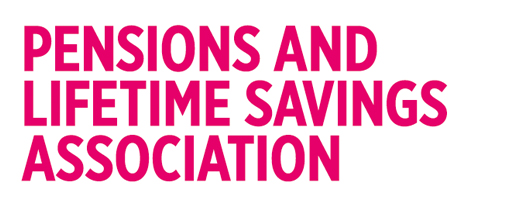The Pension Protection Fund (PPF) and Department for Work and Pensions (DWP) have launched appeals against aspects of the High Court judgment in the Hughes and others v The Board of the PPF case.
In June 2020, the High Court ruled that the PPF compensation cap was unlawful on the grounds of age discrimination and its approach of making a one-off compensation calculation needed to make sure the individual would receive at least 50 per cent of the benefits their scheme would have provided.
Additionally, it ruled that members of schemes in assessment should receive benefits at the level required by the European Court of Justice’s (ECJ) Hampshire judgment, which found it unlawful for PPF compensation to be less than 50 per cent of the benefits an individual built up before their employer became insolvent.
In response to the court's decision, the DWP, which is responsible for the compensation cap’s level and the legislation governing it, has lodged an appeal against the ruling that the cap is unlawful.
Alongside this, the PPF has lodged an appeal with the Court of Appeal on the approach it may adopt to meet the requirement for members to receive at least 50 per cent of their entitled benefits.
It is also appealing as to how survivors’ benefits should be dealt with.
The PPF stated that the minimum level compensation requirements mean that it would need to amend its methodology and is different to its view of what the Insolvency Directive requires.
The pensions lifeboat said that I has asked the Court of Appeal to deal with its request “as soon as possible” but that if the court does not agree to let it proceed with the appeal, “that will be the end of the case”.
“We’re continuing to work on our plans for how we could implement the June 2020 judgment, so that we’re in a position to do so if necessary as soon as possible after we know the appeal outcome,” noted the PPF.
It also asked the Court of Appeal if it can wait until the appeal process if completed before it makes any changes to payments that would be required under the June 2020 ruling, so that does not pay the wrong amount and possibly have to claim back overpayments from members.
The PPF will continue to withhold arrears payments for those it has already started paying increased benefits to as a result of the ECJ’s ruling, as the result of the appeal could mean its overpaid increases and may have to recover overpayments.
Additionally, until there if clarity over the DWP’s appeal, it will continue to apply the compensation cap according to the levels set by the government department.
A DWP spokesperson said: "We do not comment on live litigation."
Latest News
-
OBR analysis reveals potential impact of salary sacrifice changes
-
Strong funding levels continue as endgame landscape reshaped by innovation
-
Harwich Haven Authority Pension Fund finalises £45m buy-in with Royal London
-
GAD publishes LGPS gender pension gap reporting guidance
-
DB scheme funding levels continue to improve heading into 2026
-
News in brief - 6 February 2026
Private markets – a growing presence within UK DC
Laura Blows discusses the role of private market investment within DC schemes with Aviva Director of Investments, Maiyuresh Rajah
The DB pension landscape
Pensions Age speaks to BlackRock managing director and head of its DB relationship management team, Andrew Reid, about the DB pensions landscape
Podcast: From pension pot to flexible income for life

Podcast: Who matters most in pensions?

In the latest Pensions Age podcast, Francesca Fabrizi speaks to Capita Pension Solutions global practice leader & chief revenue officer, Stuart Heatley, about who matters most in pensions and how to best meet their needs
© 2019 Perspective Publishing Privacy & Cookies










Recent Stories